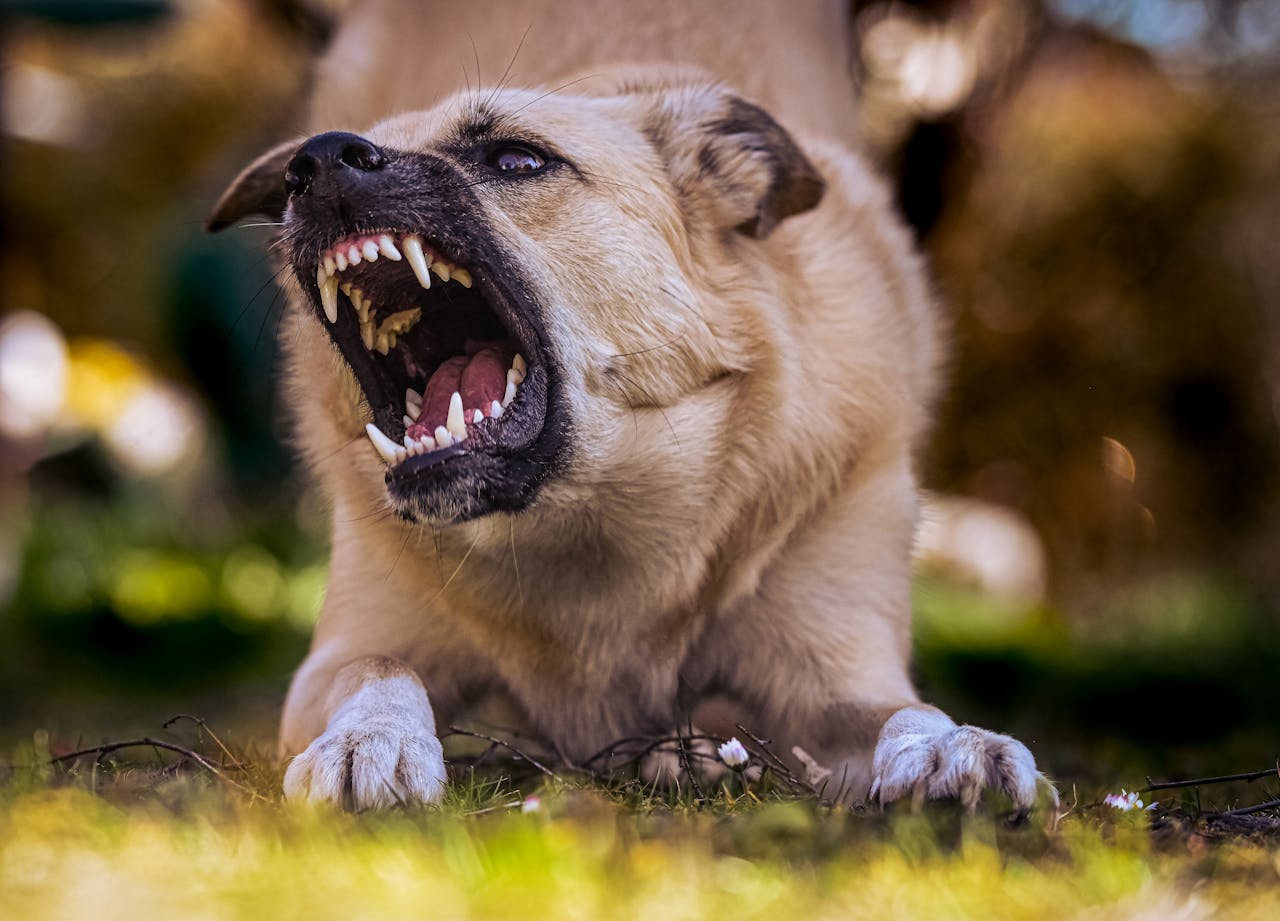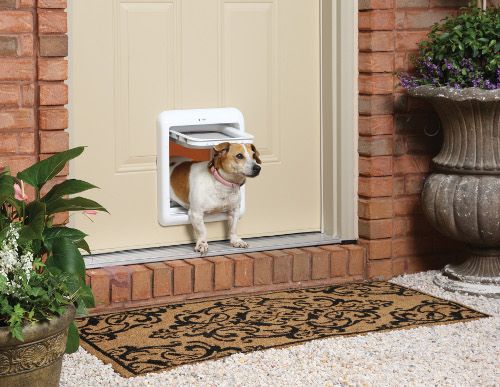Caring for pet requires adapting to the seasonal changes that affect their comfort, safety, and overall health. Different seasons bring their own challenges, whether it’s the scorching heat of summer, the frigid winter, or the allergens of spring. In this guide, we’ll provide you with top seasonal tips to ensure your pets stay happy and healthy all year round.
Seasonal Changes in pet Needs
Just like us, pets experience seasonal shifts in their needs. While humans can easily put on a coat or grab a water bottle, pets rely on us to make adjustments for their comfort. From hydration in summer to warmth in winter, here are tailored tips for each season that will help you support your pet’s well-being.
Spring Pet Care Tips

Spring is a time of renewal but also one of heightened allergen levels. Here’s how to protect your pets during the season of blooming flowers.
1. Managing Allergies
Spring can bring seasonal allergies for pets just as it does for humans. Dogs, cats, and even birds may experience symptoms such as itching, sneezing, or watery eyes. To minimize your pet’s discomfort:
- Limit Outdoor Time: Try to keep pets indoors on high-pollen days.
- Use Pet-Safe Allergy Treatments: Consult your vet for treatments like hypoallergenic shampoos or antihistamines.
Grooming and Shedding
Spring means shedding season, especially for pets with thicker coats. Regular grooming can help manage shedding and keep fur under control. Regular brushing also prevents matting and helps distribute natural oils for a healthy coat.
- Consider This: When dealing with a cat’s shedding, check out our Top 5 Tips for Caring for Your Cat’s Fur for grooming insights specific to felines.
3. Protecting Birds from Seasonal Changes
Birds, particularly those kept indoors, can react to seasonal changes. Ensure they have adequate ventilation and minimize their exposure to allergens by cleaning their space regularly.
- Read More: To better understand seasonal impacts on birds, see our guide on Feather Plucking – What Is It and How to Stop It?
Summer Pet Care Tips

With rising temperatures, summer requires extra precautions to protect pets from heat-related issues.
1. Preventing Heatstroke
Heatstroke is a common risk for pets in summer. Signs of heatstroke include heavy panting, drooling, and lethargy. Make sure to:
- Limit Activity: Avoid taking pets out during peak heat hours (usually midday).
- Keep Them Hydrated: Provide fresh water at all times and consider ice cubes in their bowls for cooling relief.
- Create Shaded Areas: When outdoors, ensure pets have access to shade.
2. Sun Protection
Yes, pets can get sunburned, especially those with lighter fur or exposed skin. Consider pet-safe sunscreens to protect their skin, particularly around the nose, ears, and other sensitive areas.
3. Managing Birds in the Heat
Birds can struggle in intense heat, as they are particularly sensitive to temperature extremes. Provide shaded areas and fresh water to help regulate their body temperature.
- Further Reading: For more on how climate change and rising temperatures affect birds, check out our article on The Impact of Climate Change and Summer Heat on Birds.
4. Hydration Tips and Gadgets
Staying hydrated is crucial for pet health, especially in warmer months. Consider using pet tech like automatic water dispensers or portable water bottles for outdoor activities.
- Explore Tech Gadgets: For more innovative products to enhance pet care, explore our guide on Discovering the Best Tech Gadgets for Pet Health and Happiness.
Fall Pet Care Tips

As temperatures start to drop, fall presents its own set of challenges, from seasonal shedding to changes in your pet’s behavior.
1. Flea and Tick Prevention
Ticks and fleas are often active in fall, so maintain a regular preventative routine.
- Tip: Use pet-safe flea collars or monthly treatments recommended by your vet.
2. Nutrition Adjustments
As temperatures cool, some pets may need a slight increase in calorie intake, especially if they are more active outdoors. Consult your vet to determine if diet adjustments are necessary.
3. Grooming for Cold Weather
Pets may start growing thicker coats in preparation for winter. This is a great time to groom regularly to avoid matting.
- Link Up: As you care for your cat’s coat in the fall, refer to our Top 5 Tips for Caring for Your Cat’s Fur for more detailed grooming advice.
Winter Pet Care Tips

Winter calls for a heightened focus on keeping pets warm, safe, and comfortable. Here are some key tips for winter pet care.
1. Protecting Paws from Cold
Cold pavement and salted roads can hurt pets’ paws. Consider using pet booties or paw balms to shield their sensitive paws.
2. Staying Warm Indoors and Outdoors
Cold weather gear, like pet coats, can help animals stay comfortable on winter walks. Even indoors, pets can benefit from warm blankets or heated pads, especially short-haired breeds.
3. Winterizing Birds’ Living Space
Birds are sensitive to temperature drops. If they’re kept indoors, ensure a comfortable, warm area that’s free from drafts. Consider adding thermal covers to their cage.
- Bonus Read: For how birds adapt to environmental changes, check out How Birds Navigate a Shifting Climate.
4. Indoor Activities and Gadgets
Winter can reduce outdoor playtime, but interactive toys and tech gadgets can keep pets entertained indoors. Automatic laser toys or treat-dispensing devices are great for mental stimulation.
- Related Link: See our top tech recommendations in Discovering the Best Tech Gadgets for Pet Health and Happiness.
How do I keep my pet cool in extreme summer heat?
Provide plenty of water, shade, and avoid outdoor activities during peak heat hours. Using a cooling vest or a damp towel can also help pets feel cooler.
What’s the best way to calm a pet during seasonal storms or fireworks?
Many pets experience anxiety during loud events. Calming products, like anxiety wraps, calming sprays, and soothing toys, can be helpful.
Further Guidance: For more tips on calming anxious pets, explore our How to Calm a Hyper Dog at Night: A Complete Guide.
Do pets need sunscreen?
Yes, certain pets, especially those with light fur or thin coats, can benefit from pet-safe sunscreen on exposed skin areas like noses and ears.
What indoor activities are ideal for pets in winter?
Interactive toys, puzzle feeders, and games like hide and seek keep pets entertained indoors. These activities are great for mental stimulation and provide exercise during colder months.
Are there specific toys or gadgets for indoor play during winter?
Yes, puzzle feeders, treat-dispensing toys, and laser toys keep pets entertained indoors during the colder months.
Conclusion
Caring for pets requires a seasonal approach to ensure their health and happiness. Each season brings its own unique challenges and joys, from the blooming allergens of spring to the cozy comforts of winter. By being proactive and attentive to their needs, you can create an environment that promotes their well-being year-round.
Implementing the seasonal tips discussed in this article—from managing allergies and keeping pets cool in the summer to providing warmth and enrichment during winter—will help you navigate the changing weather with confidence. Additionally, incorporating pet-safe products and tech gadgets can enhance their quality of life and ensure their safety.
Ultimately, your commitment to understanding and addressing your pet’s needs as the seasons change will lead to a happier, healthier companion. Explore the linked articles for more detailed insights and tools to support your pet care journey. With your love and attention, your pets can thrive, no matter the season.












